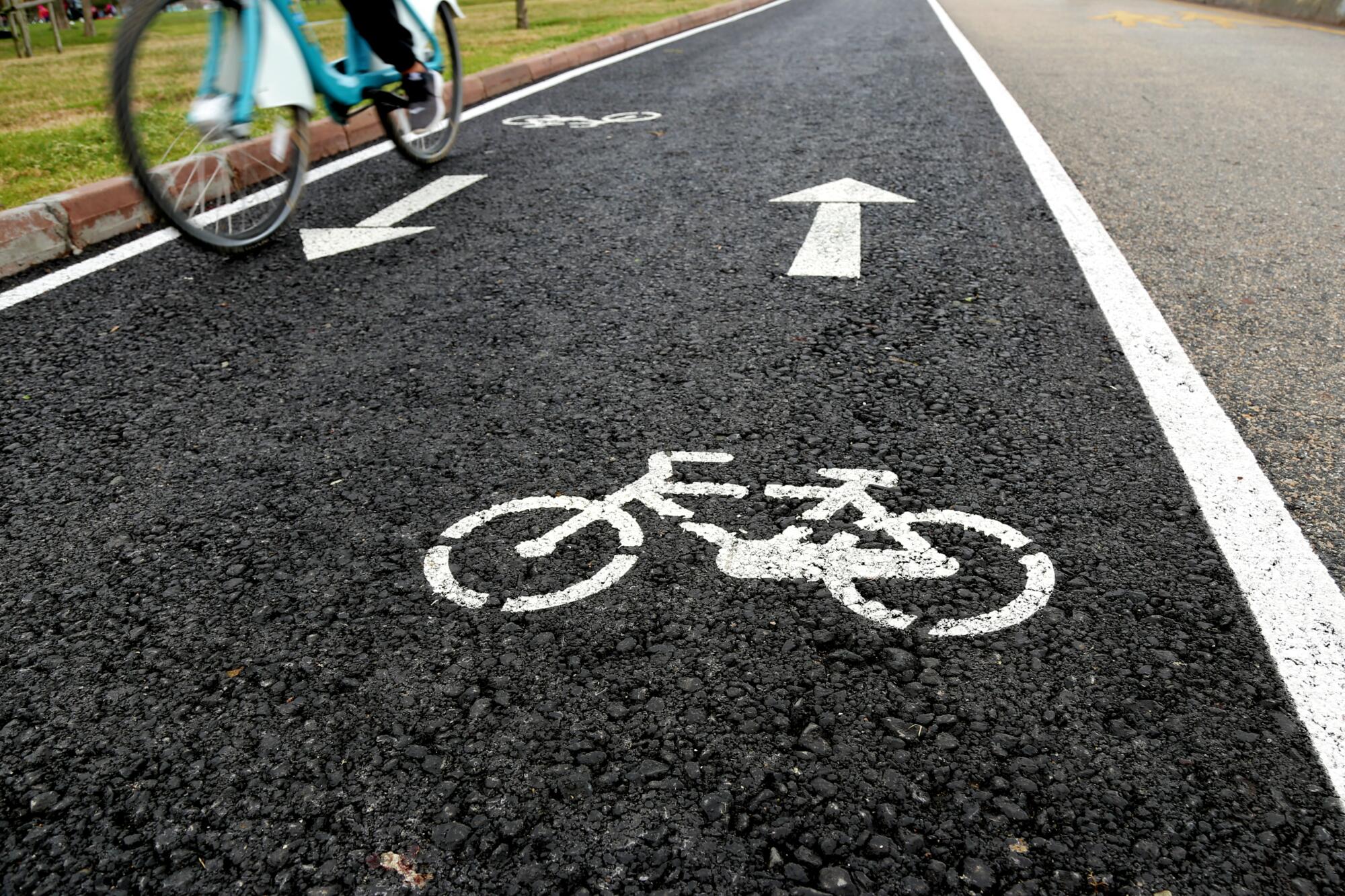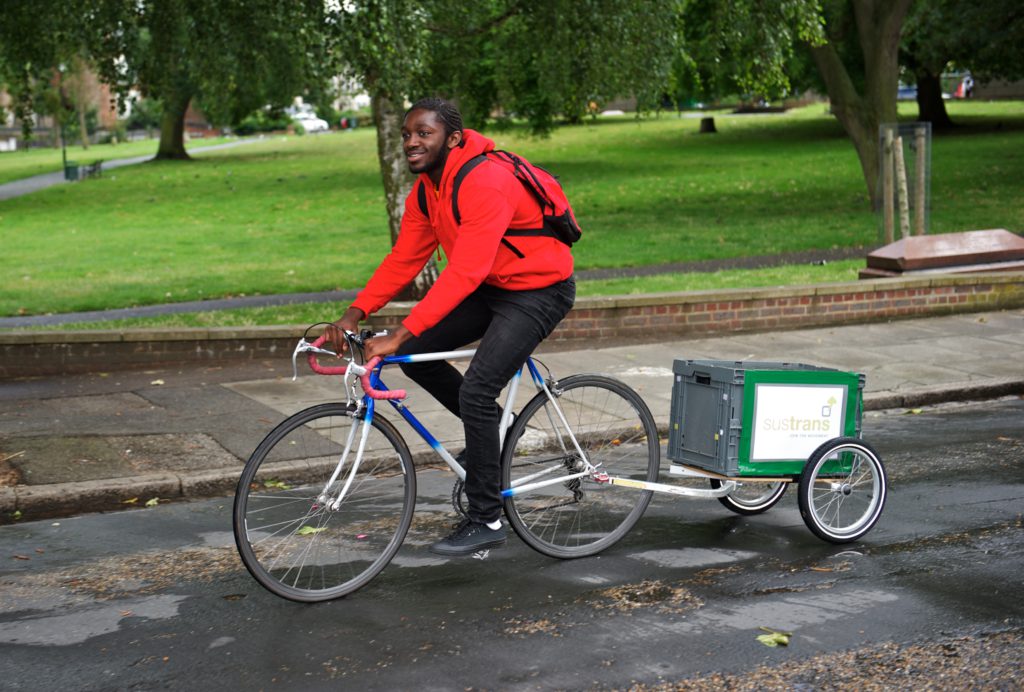New report reveals barriers and enablers to active travel in mid-life
A new report from Sustrans, a UK-based foundation on sustainable transport, reveals the barriers and enablers to active travel in mid-life.
Encouraging active travel and establishing effective cycle and pedestrian infrastructure and services requires understanding the factors motivating and inhibiting cycling and walking. Age plays a central role in this and therefore tracing sand interpreting the repercussions of age-related mobility choices is key.
A new report by Sustrans and by the Centre for Ageing Better, explores evidence on attitudes and the role of the built environment for determining active travel in the UK. The first phrase of this report, an exhaustive review of active travel research, has been released, and reveals that walking and cycling are ‘not safe or attractive enough’ for many in their 50s and 60s.
Sustrans is registered charity which promotes active travel and campaigns for more comprehensive and equitable cycling and walking policy which prioritises those often underserved by existing services.
Keeping active in later life is critical for physical and mental wellbeing. Indeed, the report found that the most important motivator for active travel in people in mid-life was the wide range of health benefits. Research participants broadly recognised that active travel is ‘good for them’ and talked of the feelings of health and vitality from getting out and about.
Nevertheless, poor infrastructure and safety fears were identified as significant barriers to active travel for citizens between 50-70 years old, and across Europe the share of active travel journeys declines with age.
Sustrans’ report emphasises that this pattern is not inevitable, and targeted, coordinated, adaptions to walking and cycling infrastructure can, and will, play a central role in encouraging older citizens to (re)adopt active travel mobility options. Actions such as separated bike paths and safer crossings are identified, as well as more mixed-use neighbourhoods, which ensure services are accessible via shorter journeys.
Read the full report here. The second phase of the work is due to be published in September or October. Sustrans is a POLIS member, find out more about the organisation here. You can also read more on Sustrans' work in inclusive mobility in POLIS' Thinking Cities magazine, here.
Want to find out more about how cities are improving active travel? Read the latest from POLIS' Active Travel Working Group meeting HERE.

